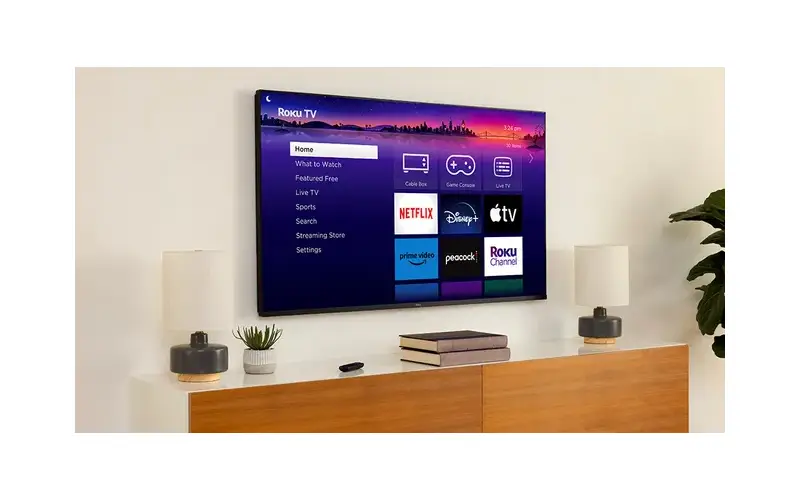By CE Critic - Buy Better Tech
Table of Contents
- Introduction
- Forced Arbitration and the Updated Dispute Resolution Terms
- How to Opt-Out (If You Have Paper and Stamps Handy)
- The Broader Context: Devices as a Service
- Conclusion
Introduction
Roku users are facing a dilemma as the company has updated its Dispute Resolution Terms, effectively disabling devices until users agree. The move includes a forced arbitration clause and a new "Informal Dispute Resolution" process that significantly limits users' ability to take legal action against Roku. This change has sparked frustration among users, who feel their ownership of the devices is undermined.
Forced Arbitration and the Updated Dispute Resolution Terms
The key change in Roku's updated terms is the requirement for users to agree to a forced arbitration clause. This means that in the event of a dispute, users waive their right to file a lawsuit or participate in a class-action lawsuit against Roku. Instead, any such disputes must be resolved through individual arbitration, a process that often favors corporations.
Furthermore, Roku has introduced a new step called "Informal Dispute Resolution." Before going into arbitration, users must first present their complaint to Roku's legal team via a "Meet-and-Confer" call. Following this, Roku is obligated to extend a resolution offer. This additional step appears designed to shield Roku further from direct legal action.
How to Opt-Out (If You Have Paper and Stamps Handy)
While these revised terms were technically introduced in late 2023, Roku's enforcement mechanism – blocking access to devices until users agree – is a recent and highly aggressive move. Should users wish to opt out of the new arbitration agreement, they face a deliberately inconvenient process:
- Timing: The opt-out must be done within 30 days of the terms going into effect for the user. This could be the date of notification or 30 days from the silent implementation on February 20, 2024.
- Snail Mail Only: A written notice stating your intention to opt out must be physically mailed to Roku's General Counsel in California. Include the following in the notice:
- Your Name
- Contact Information (address, phone)
- Email used for Roku Account
- Roku Devices and Services you use (model number, Roku OS)
- Copy of purchase receipt (if available)
The Broader Context: Devices as a Service
Roku's actions highlight a growing trend where physical devices are increasingly treated as a service rather than a product you truly own. This shift comes with several implications:
- Diminished Ownership: Users who thought they purchased a Roku device outright now find their access to it contingent on agreeing to ever-changing terms.
- Lack of Recourse: Forced arbitration and additional pre-arbitration hurdles reduce users' options when companies engage in questionable practices.
- "You are the Product" Mentality: Roku's heavy-handed tactics reinforce the notion that even after paying for a device, users continue to generate value for the company through data collection and ad exposure.
Conclusion
Roku's aggressive enforcement of its updated Dispute Resolution Terms is a stark reminder of the changing power dynamics between consumers and tech companies. Users are increasingly finding their rights and ownership diminished as devices become more like services with complex and constantly shifting agreements they must accept.
While the opt-out process exists, it's inconvenient by design. Users must be vigilant and proactive to protect their rights in this increasingly complex landscape. Taking the time to read updated terms, understand their implications, and exercise opt-out rights when possible are crucial steps for consumers.





